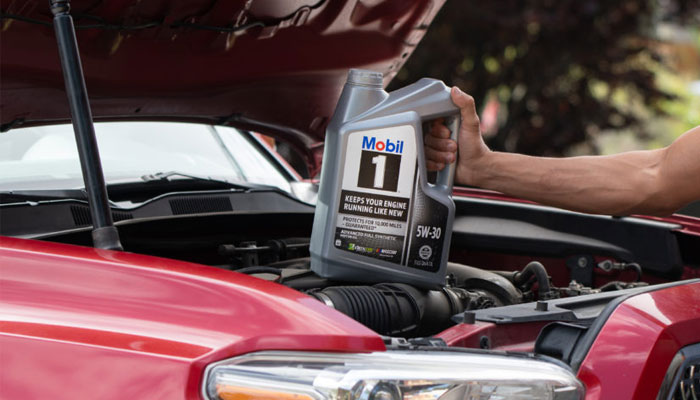When you’re wondering what kind of oil your car needs, it’s important to know that different vehicles require different types of oil based on the engine’s design and performance requirements. Using the right oil ensures your engine runs smoothly and is protected against wear and tear, which ultimately helps extend the lifespan of your vehicle.
What are the main types of engine oil?
- Conventional Oil: This is the most common type of oil and is ideal for older vehicles or those with low mileage. It’s typically less expensive, but it might need to be changed more frequently.
- Synthetic Oil: Designed for high-performance vehicles or modern engines, synthetic oil lasts longer and offers better protection, especially in extreme weather conditions. It’s more expensive but provides superior engine protection.
- Synthetic Blend Oil: This is a mix of conventional and synthetic oils. It’s a good option for those who want the benefits of synthetic oil without the high price tag.
- High-Mileage Oil: If your car has over 75,000 miles, high-mileage oil can help improve engine performance and reduce oil consumption, leaks, and smoke.
How to find the right oil for your car
To determine the right oil, you should consult your car’s owner manual. Manufacturers recommend a specific viscosity grade, such as 5W-30 or 10W-40. The number before the “W” represents the oil’s viscosity in cold temperatures, and the number after refers to its thickness at higher temperatures.
Additionally, look for the API (American Petroleum Institute) certification on the oil packaging. This symbol shows the oil meets specific standards for engine protection and performance.
Why the right oil matters
Using the right oil ensures optimal engine performance. For instance, a synthetic oil may be best for vehicles that do a lot of towing or driving in extreme conditions. Conventional oil might suffice for daily drivers that don’t face heavy use. Choosing the wrong oil could lead to engine inefficiency, excessive wear, and even damage.
Factors that affect oil choice
- Climate: If you live in a region with extreme temperatures, synthetic oil can better handle the cold winters or hot summers, providing smoother starts and better protection.
- Driving habits: Frequent short trips, heavy towing, or driving in stop-and-go traffic may require a more robust oil, like synthetic blends or full synthetic oils, to reduce engine stress.
- Engine age and condition: Newer engines often run best with synthetic oils, while older engines might not need such high-tech oils and can perform well with conventional oils.
Conclusion
Ultimately, the type of oil your car needs depends on several factors, including the make and model of your car, its age, your driving habits, and the climate where you live. The easiest way to determine the correct oil is to check your vehicle’s manual or consult a trusted mechanic. Maintaining your car with the right type of oil is a simple way to keep it running smoothly for years to come.










